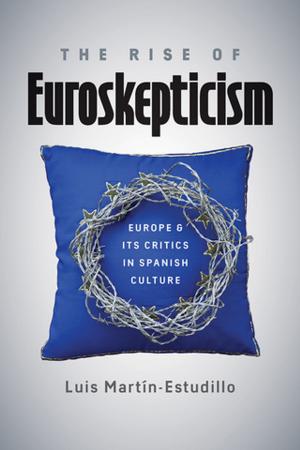The Merchant of Havana
The Jew in the Cuban Abolitionist Archive
Fiction & Literature, Literary Theory & Criticism, Central & South American, Caribbean & West Indian, Nonfiction, Religion & Spirituality| Author: | Stephen Silverstein | ISBN: | 9780826521118 |
| Publisher: | Vanderbilt University Press | Publication: | September 27, 2016 |
| Imprint: | Vanderbilt University Press | Language: | English |
| Author: | Stephen Silverstein |
| ISBN: | 9780826521118 |
| Publisher: | Vanderbilt University Press |
| Publication: | September 27, 2016 |
| Imprint: | Vanderbilt University Press |
| Language: | English |
LAJSA Book Award Winner, 2017, Latin American Jewish Studies Association
As Cuba industrialized in the nineteenth century, an epochal realignment of the social order occurred. In this period of change, two seemingly disparate, yet nevertheless intertwined, ideological forces appeared: anti-Semitism and abolitionism. As the antislavery movement became organized in Cuba, the argument grew that Jews participated in the African slave trade and in New World slavery, and that this participation gave Jews extraordinary influence in the new Cuban economy and culture. What was remarkable about this anti-Semitism was the decidedly small Jewish population on the island in this era. This form of anti-Semitism, Silverstein reveals, sprang almost exclusively from mythological beliefs.
LAJSA Book Award Winner, 2017, Latin American Jewish Studies Association
As Cuba industrialized in the nineteenth century, an epochal realignment of the social order occurred. In this period of change, two seemingly disparate, yet nevertheless intertwined, ideological forces appeared: anti-Semitism and abolitionism. As the antislavery movement became organized in Cuba, the argument grew that Jews participated in the African slave trade and in New World slavery, and that this participation gave Jews extraordinary influence in the new Cuban economy and culture. What was remarkable about this anti-Semitism was the decidedly small Jewish population on the island in this era. This form of anti-Semitism, Silverstein reveals, sprang almost exclusively from mythological beliefs.















